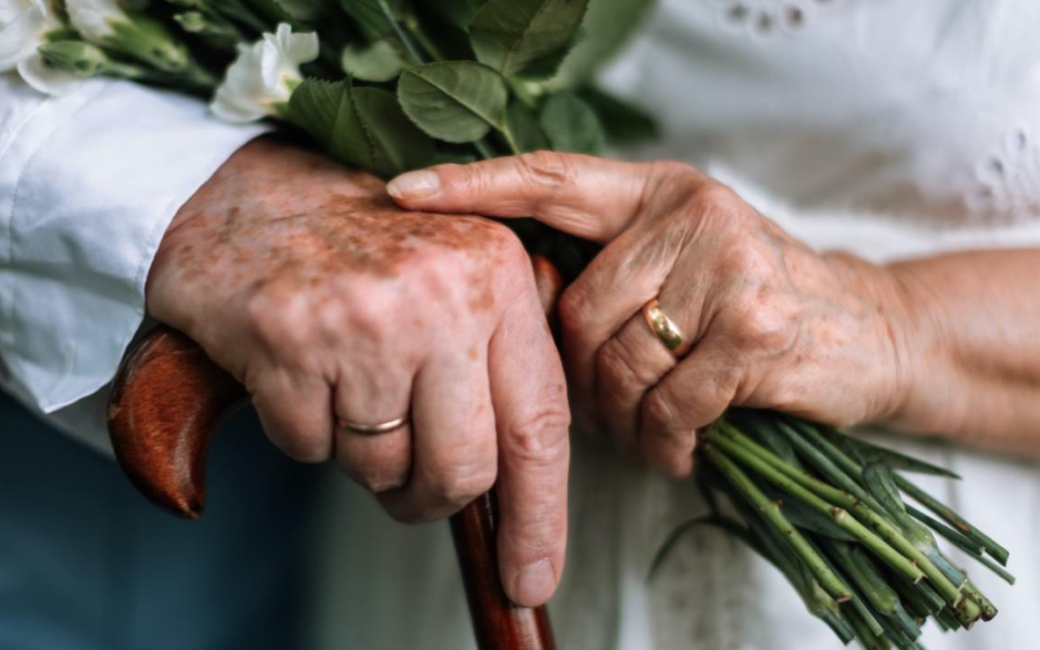Postmemory
Sometimes she would put her hands on his shoulders and plead, “Are we gonna be alright?” and he would reply, “What’s the alternative?” This was in their early years of togetherness, when uncertainty reared its head so boldly that she began consulting her family psychic, the one her grandma and most beloved aunt used. He also consulted his family psychic, secretly, as no men in his family, at least not openly, had ever done so. His maternal grandfather read coffee cups, but jokingly, only to make a spectacle of himself. Scholars or psychologists might attribute their mode of being—this resigned doom—to the genocide their grandparents and great-grandparents had barely escaped in 1915. Internalized postmemory trauma, or something of that nature. But she would never use the past as an excuse for the present; she would say it was simply how they were wired, and he tended to agree, praying that it wasn’t in fact more complicated.
The psychic was right. She always was. In the second decade of their togetherness they had met all the major milestones they had set out to meet. Only time had been doing something very funny and one day they woke up and realized not only were they middle-aged, but the other side of middle-age was imminent—everything was now imminent, shrinking, filling in. Somehow their baby—who became a boy, an adolescent, a young man—was already on his second marriage. Many of their dearest friends, the ones they would host for dinner parties and even the couple with whom they once shared a THC-induced carnal night, were gradually moving away to retirement communities in warm climates or the city their eldest grandchild inhabited. Back in their mid-thirties, the beginning of middle-age in view, the night they closed on their house, they laid in bed unable to sleep, pinkies clasped, feet touching—he declared it would be the last time they would move, and she agreed, assuming they were blessed with the best of fortunes.
When his body finally powered off, he was ninety-three and she was ninety-one, having spent the majority of their togetherness acknowledging and basking in and questioning their good fortune, waiting for it to turn on its head. Too bad all along he’d been pulling out his eyebrows and she’d been chewing the skin inside her cheeks. Too bad the psychics couldn’t penetrate their cores. Too bad shit never did hit the fan. Too bad their child never rebelled, never said they were being unreasonable or that he hated them for what they passed along to him or that he wished he was never born. Too bad she never told her husband that her psychic declared there was no legitimacy to their self-fulfilling prophecy. Too bad she never trusted her psychic, never reported any of the good news to her husband. Too bad she fired and rehired the psychic dozens of times because she refused to acquiesce to any of that positivity nonsense.
Now, in their beautiful old colonial, over black coffee and popcorn with her dearest and oldest friend, she declares everything did more or less work out—even if thanks to it her son can’t hold onto a job and thanks to it her nine-year-old granddaughter can’t sleep in her own room—and she finds herself smiling at whether she stays or goes, all that being inside of her, his flakes and nails and hairs still collecting in cracks and corners and under things.
Michael Don
Michael Don is the author of the story collection Partners and Strangers (Carnegie Mellon University Press, 2019) and Coeditor of Kikwetu: A Journal of East African Literature. His work has appeared in journals such as Washington Square Review, The Southampton Review, World Literature Today, and the Brooklyn Review.

